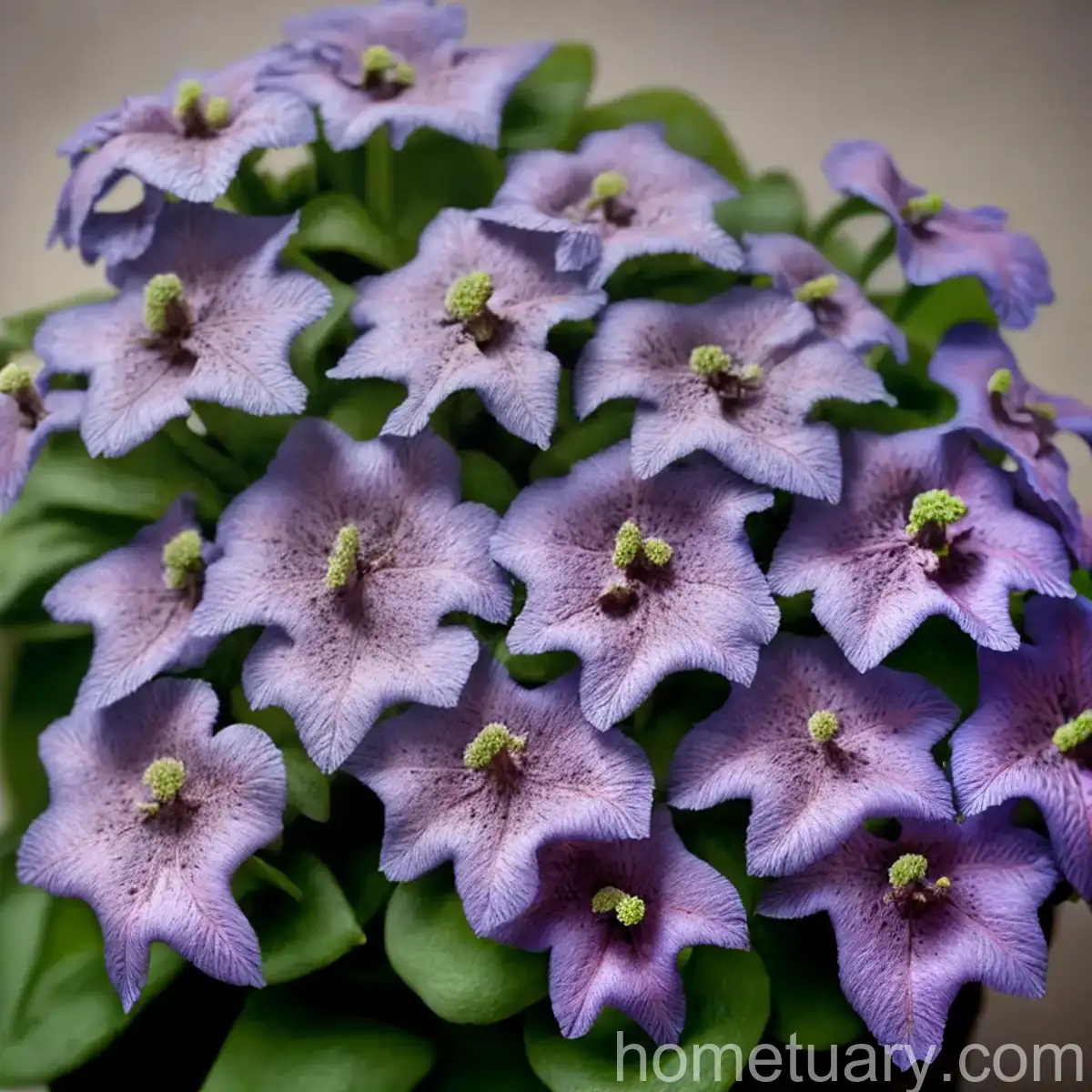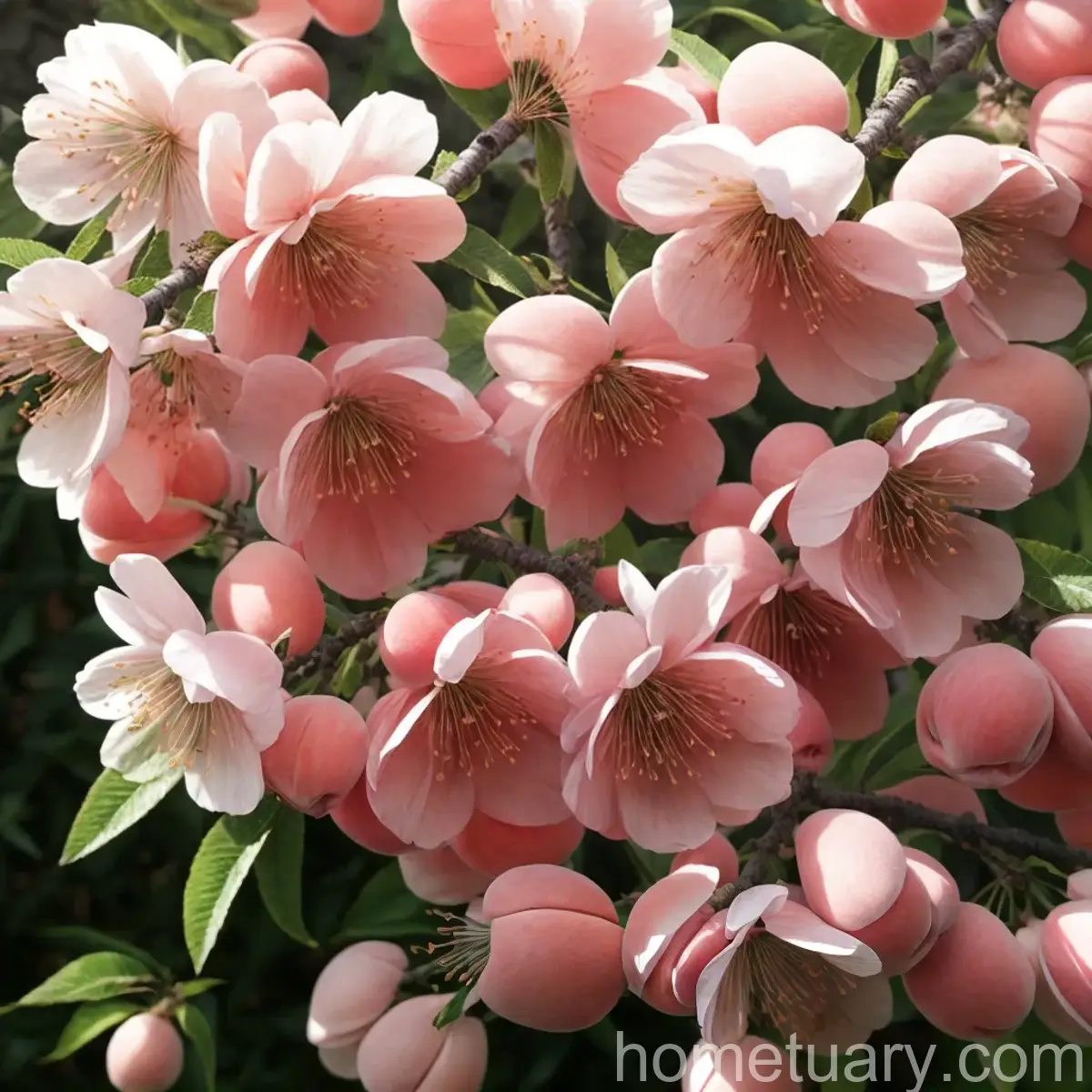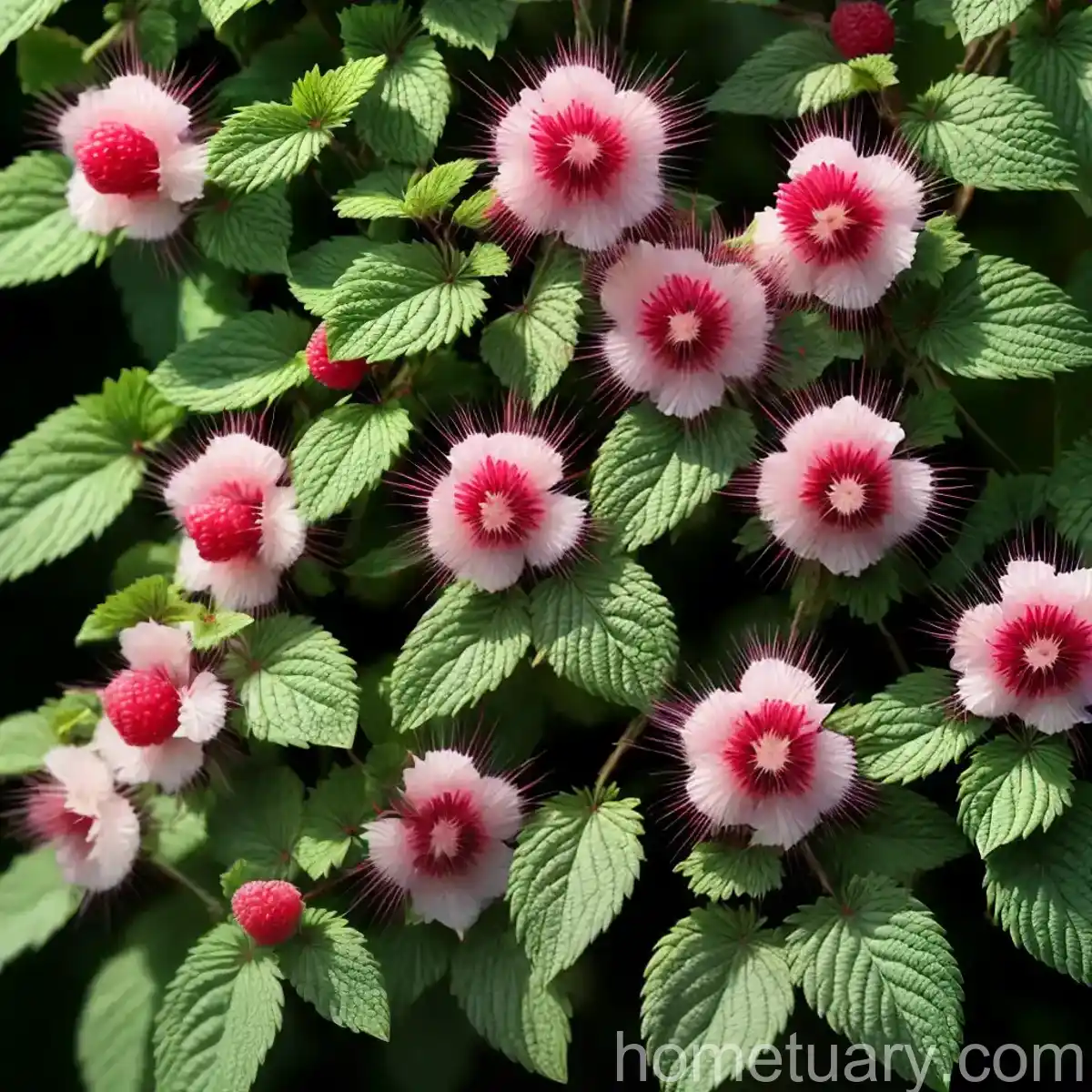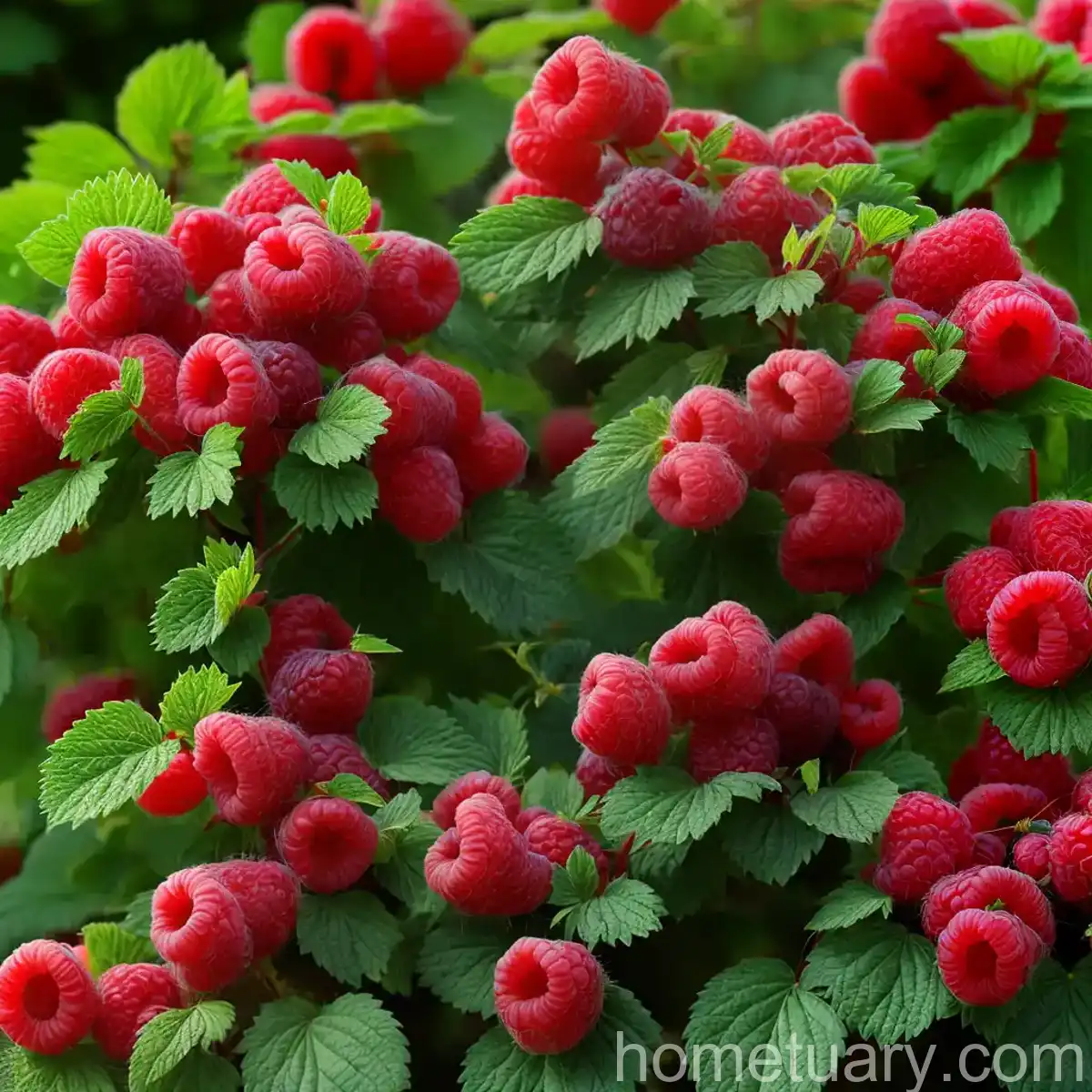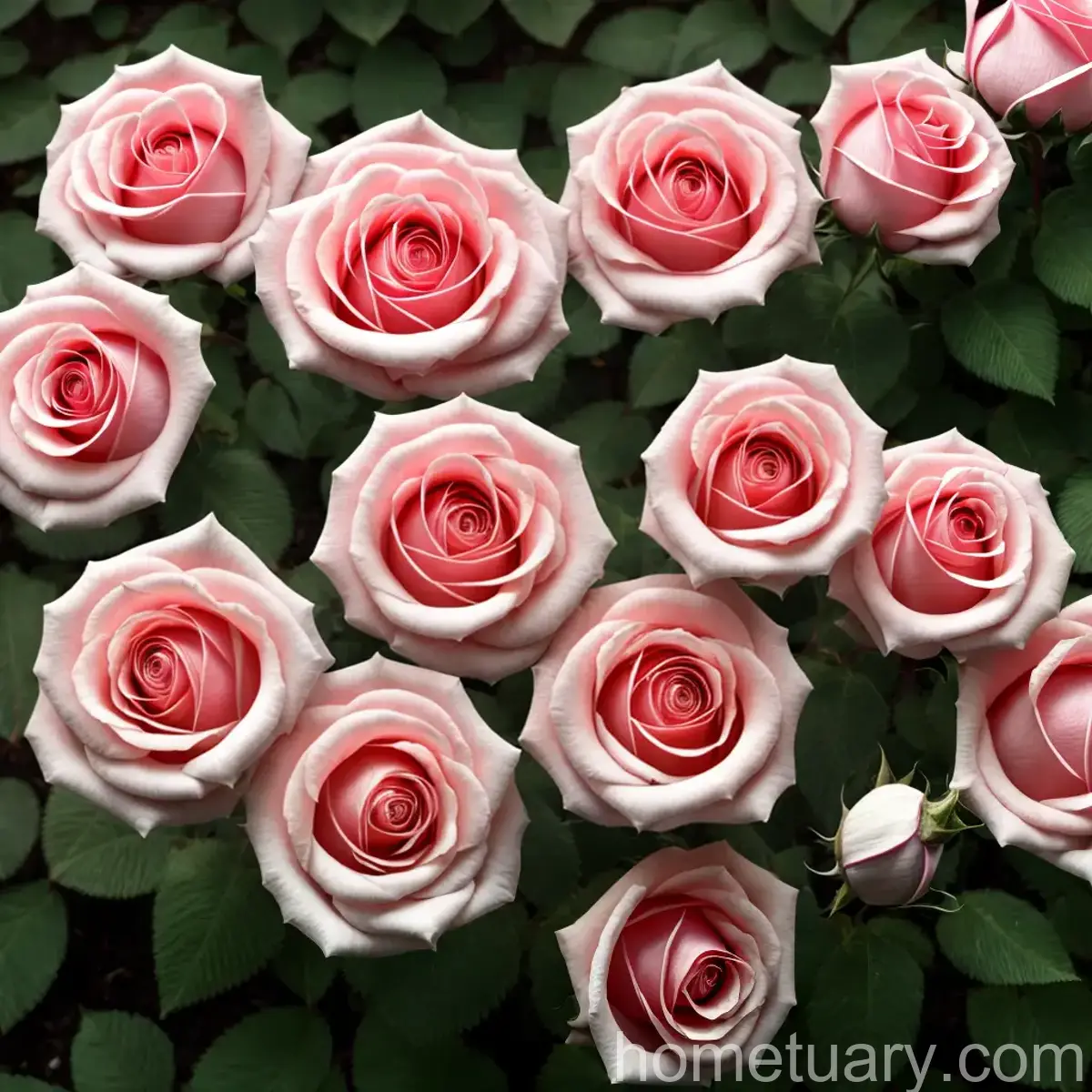Hybrid Tea Rose (Rosa ‘Dolly Parton’)
In the world of flowers, the rose reigns supreme. Renowned for its beauty and symbolic significance, roses have been cultivated for centuries in countless varieties. Among these, the hybrid tea rose ‘Dolly Parton’ stands out as a vibrant and stunning cultivar. In this comprehensive guide, we will delve into the intricacies of the hybrid tea rose (Rosa ‘Dolly Parton’), exploring its culture, uses, care tips, and much more.
What is a Hybrid Tea Rose?
The hybrid tea rose is a cross between hybrid perpetuals and tea roses. Known for its elegance, long stems, and high-centered blooms, the hybrid tea rose has become a popular choice for gardens, arrangements, and exhibitions. One exceptional cultivar in this category is the ‘Dolly Parton’ rose, named after the iconic singer and actress.
Key Takeaways – Hybrid Tea Rose (Rosa ‘Dolly Parton’)
Before we embark on our exploration of the ‘Dolly Parton’ rose, let’s summarize the key takeaways that we’ll be uncovering in this guide:
- Culture of the ‘Dolly Parton’ rose
- Uses of the ‘Dolly Parton’ rose
- Essential care tips for watering, sunlight, fertilizer, soil, and pruning
- Propagation techniques
- Common diseases and pests
- Fun facts about the ‘Dolly Parton’ rose
- Links to external resources for further exploration
With these key points in mind, let’s take a closer look at the enchanting hybrid tea rose, ‘Dolly Parton’.
Culture
Water
Proper hydration is crucial for the health and vitality of the ‘Dolly Parton’ rose. Adequate watering ensures that the plant can develop strong roots and vibrant blooms. In regions with consistent rainfall, additional watering may not be necessary except during prolonged dry spells. However, in drier climates, regular and deep watering is essential, particularly during the growing season and hot summer months.
| Watering Guidelines for the ‘Dolly Parton’ Rose |
|---|
| Water deeply at the base of the plant |
| Avoid wetting the foliage to prevent diseases |
| Use a soaker hose or drip irrigation for even moisture distribution |
Sunlight
Being a sun-loving plant, the ‘Dolly Parton’ rose thrives in full sunlight. When selecting a location for planting, aim for an area that receives at least 6-8 hours of direct sunlight daily. Insufficient sunlight can lead to leggy growth and reduced blooming. However, in extremely hot climates, some afternoon shade can protect the plant from scorching sun and help preserve the flower’s delicate petals.
| Sunlight Requirements for the ‘Dolly Parton’ Rose |
|---|
| Full sun (6-8 hours of direct sunlight daily) |
| Afternoon shade in exceptionally hot climates |
Fertilizer
Proper fertilization plays a pivotal role in nurturing the ‘Dolly Parton’ rose to its full potential. A balanced, slow-release fertilizer formulated for roses should be applied in early spring as the plant begins to actively grow. Subsequent feedings can be administered according to the package instructions, generally in late spring and mid-summer. Over-fertilizing can result in excessive foliage growth at the expense of blooms, so it’s important to follow the recommended dosage.
| Fertilizer Tips for the ‘Dolly Parton’ Rose |
|---|
| Choose a balanced, slow-release formula |
| Apply in early spring and follow package instructions |
| Avoid over-fertilization |
Soil
The soil in which the ‘Dolly Parton’ rose is planted can greatly impact its overall health and performance. Well-draining, fertile soil with a slightly acidic to neutral pH is ideal for this rose variety. Amending the soil with organic matter such as compost can enhance its structure and nutrient content. Furthermore, maintaining a layer of mulch around the base of the plant aids in moisture retention, weed suppression, and insulation from extreme temperatures.
| Soil Recommendations for the ‘Dolly Parton’ Rose |
|---|
| Well-draining, fertile soil |
| Slightly acidic to neutral pH |
| Incorporate organic matter and mulch |
Pruning
Proper pruning is essential for maintaining the health, shape, and productivity of the ‘Dolly Parton’ rose. This practice not only removes dead or diseased wood but also encourages new growth and abundant flowering. The ideal time for pruning is during late winter or early spring when the plant is dormant. Remove any crossing or weak branches, as well as old, spent canes to stimulate fresh growth.
| Pruning Guidelines for the ‘Dolly Parton’ Rose |
|---|
| Prune during late winter or early spring |
| Remove dead, crossing, or weak branches |
| Cut old, spent canes to promote new growth |
Propagation
Propagating the ‘Dolly Parton’ rose allows enthusiasts to expand their collection or share this exquisite cultivar with others. While hybrid tea roses can be propagated through various methods such as cuttings, grafting, or budding, the success rate of stem cuttings often makes it the preferred choice. Following proper techniques and providing a nurturing environment can lead to the successful establishment of new ‘Dolly Parton’ rose plants.
| Propagation Methods for the ‘Dolly Parton’ Rose |
|---|
| Stem cuttings |
| Grafting |
| Budding |
Container Popularity
The ‘Dolly Parton’ rose, like many other hybrid tea rose varieties, can be grown in containers with great success. This flexibility allows individuals with limited garden space to still enjoy the splendor of these elegant blooms. When cultivating the ‘Dolly Parton’ rose in a container, it’s important to select a sizable pot with adequate drainage, high-quality potting mix, and to provide the essential care requirements such as sunlight, water, and nutrients.
Common Diseases
Disease Diagnosis
The ‘Dolly Parton’ rose, while resilient, can be susceptible to certain diseases that commonly affect roses. Regular monitoring, prompt detection, and appropriate action are crucial in managing these ailments. Familiarize yourself with the symptoms and characteristics of common rose diseases such as powdery mildew, black spot, and rust to effectively diagnose and address any issues that may arise.
Common Pests
As with many ornamental plants, the ‘Dolly Parton’ rose faces potential threats from various pests. Keeping a watchful eye for invaders such as aphids, spider mites, and thrips, enables early intervention and helps safeguard the plant’s health. Employing natural predators, organic sprays, or horticultural oils can help manage pests while minimizing harm to beneficial insects and the environment.
Botanist’s Tips
Hybrid Tea Rose Characteristics
The ‘Dolly Parton’ rose exhibits several characteristics that are typical of hybrid tea roses:
- Long, sturdy stems
- High-centered, elegant blooms
- Rich and diverse color palette
- Considerable fragrance
- Suitable for cutting and arrangements
Fun Facts
- The ‘Dolly Parton’ rose boasts a vibrant orange hue with warm, fruity fragrance, paying homage to its namesake.
- Hybrid tea roses, including ‘Dolly Parton’, are a result of deliberate breeding and selection to emphasize specific traits.
- The popular variety has garnered accolades and recognition within the horticultural community.
Links to External Resources
For further information on the care and cultivation of the ‘Dolly Parton’ rose, as well as other hybrid tea rose varieties, the following resources provide valuable insights:
- American Rose Society: https://www.rose.org/
- Royal Horticultural Society: https://www.rhs.org.uk/
- University Cooperative Extension Services: https://www.extension.org/
By leveraging the expertise and knowledge shared through these resources, enthusiasts can foster a deeper understanding of roses and refine their skills in rose cultivation.
In conclusion, the hybrid tea rose ‘Dolly Parton’ exemplifies the elegance, grace, and allure that have made roses cherished symbols of beauty and devotion. Whether gracing a garden bed or adorning a vase, this remarkable cultivar continues to captivate enthusiasts with its resplendent blooms and enchanting fragrance. With the insights and guidance provided in this comprehensive guide, plant enthusiasts can embark on a rewarding journey of nurturing and celebrating the captivating ‘Dolly Parton’ rose.









